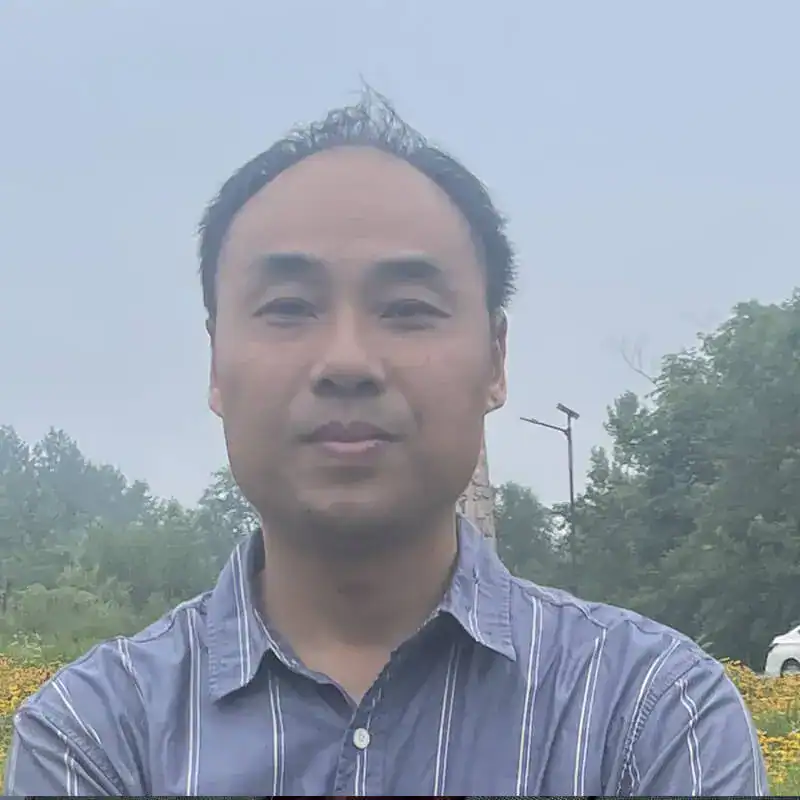Chordoma is a rare and difficult-to-treat bone cancer whose growth and metastasis is driven in part by the Brachyury protein. Brachyury is highly expressed in chordoma, but largely absent from normal adult tissues, making it an attractive target for tumor-specific immunotherapies.
Effectively directing T cells to recognize and destroy Brachyury-expressing tumors remains a major challenge though. Key hurdles include identifying the right protein fragments (called MHC peptides) to activate T-cell responses and overcoming the tumor’s immunosuppressive environment.
Dr. Ke Pan has made significant progress on this endeavour by using mass spectrometry to identify MHC peptides from Brachyury that cover roughly 80% of human HLA alleles. This has enabled him to generate T cells that recognize and kill Brachyury-expressing tumors, including chordoma and certain lung cancers.
Building on these findings, Dr. Pan is now developing a T-cell receptor-based therapy designed to enhance T-cell reactivity. He will test the effectiveness of these engineered T cells in combination with an oncolytic virus (Delta-24-RGD) that destroys tumor cells and stimulates inflammation. This innovative dual-approach lays the groundwork for a promising new immunotherapeutic strategy for a devastating disease.
Research Focus
Chordoma, T-cell receptor-based therapy, oncolytic viruses
Projects and Grants
Engineered T cells targeting Brachyury as the novel immunotherapeutic approach for chordoma
